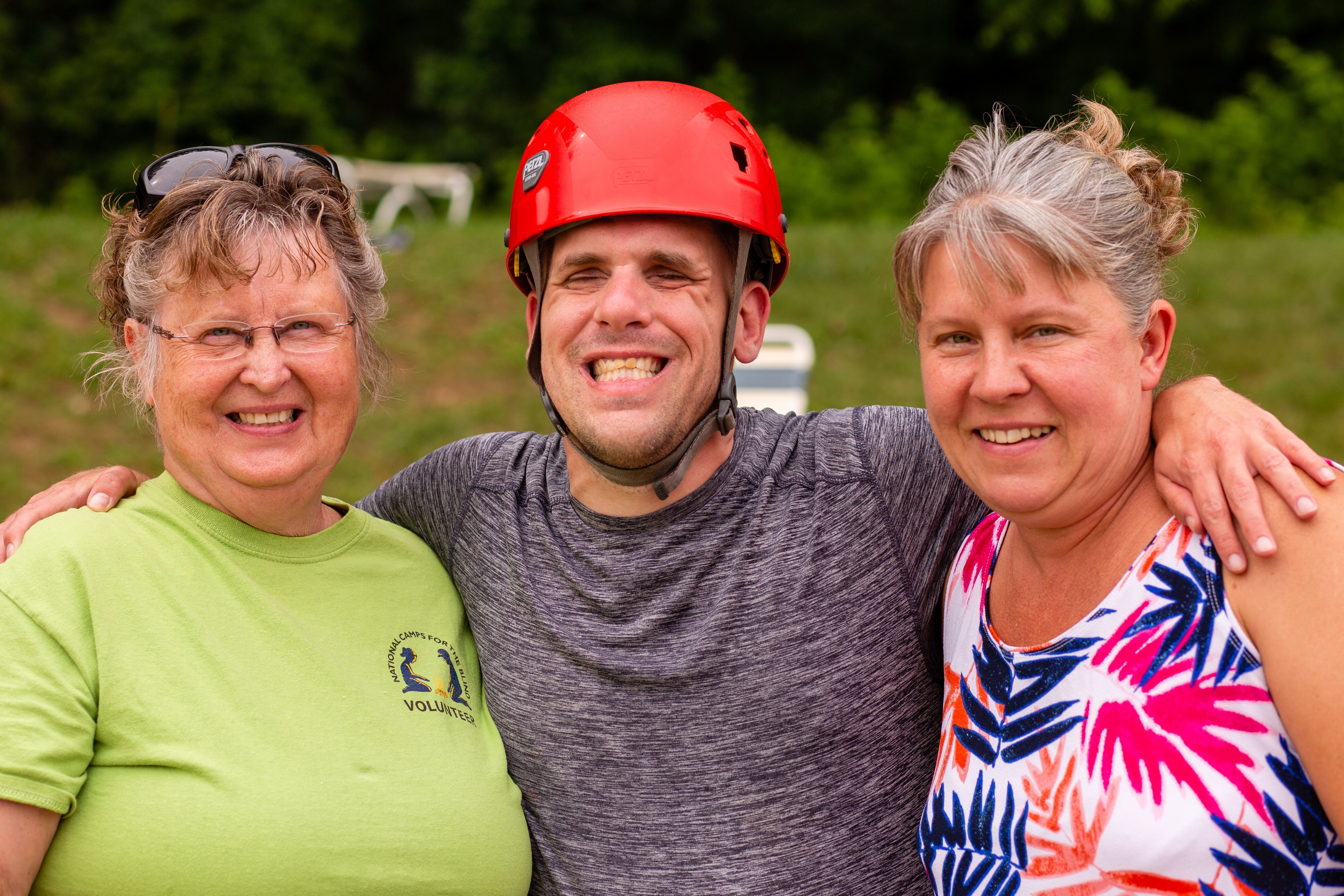Mission Statement
Together, we value the blind and low-vision community and are committed to enriching their life journeys through free inspirational, educational, and informational resources and experiences.
Vision Statement
Recognizing each person is a child of God with inherent worth and purpose, Christian Record Services aims to create inclusive, empowering environments where everyone can reach their highest potential. Through our steadfast commitment to compassion, transparency, collaboration, and innovation, we seek to inspire and transform lives, ensuring no one who is blind or has low vision faces their journey alone.
Purpose
Each year, Christian Record Services, Inc. (dba Christian Record Services for the Blind) impacts thousands of lives through services provided to them without cost. All who are legally blind* or have physical impairments that prevent them from holding reading material or focusing on ink print are eligible for the following free services:
- Full-Vision Books combine braille, print, and audio, enabling parents who are blind to read to their children who are sighted and parents who are sighted to help their children who are blind learn to read braille
- Gift Bibles and Study Guides are available in braille, large print, solar player, and NLS (National Library Service) compatible digital cartridge
- Naomi Chapman Turner Library for the Blind offers more than 1,600 volumes in NLS digital cartridge and through Lib.Guide
- National Camps for Blind Children (NCBC) are operated in partnership with camp facilities throughout the United States
- Subscription Magazines are produced in braille, large print, and audio.
- Zoo Buds are adorable plush animals that contain children's stories and music on solar-powered audiobook players for ages 3 to 9.
Christian Record Services, Inc. is a ministry of the Seventh-day Adventist Church in North America, serving people of all faiths and walks of life who are blind or have low vision worldwide. The availability of services may vary by region due to contractual agreements. Churches, individuals, and businesses provide support for services.
Give with confidence: Christian Record Services, Inc. is a 501(c)(3) charitable organization.
*What is the classification "legally blind"?
According to the American Foundation for the Blind, "Legal blindness is a level of vision loss that has been legally defined to determine eligibility for benefits. The clinical diagnosis refers to a central visual acuity of 20/200 or less in the better eye with the best possible correction, and/or a visual field of 20 degrees or less. Often, people who are diagnosed with legal blindness still have some useable vision."


